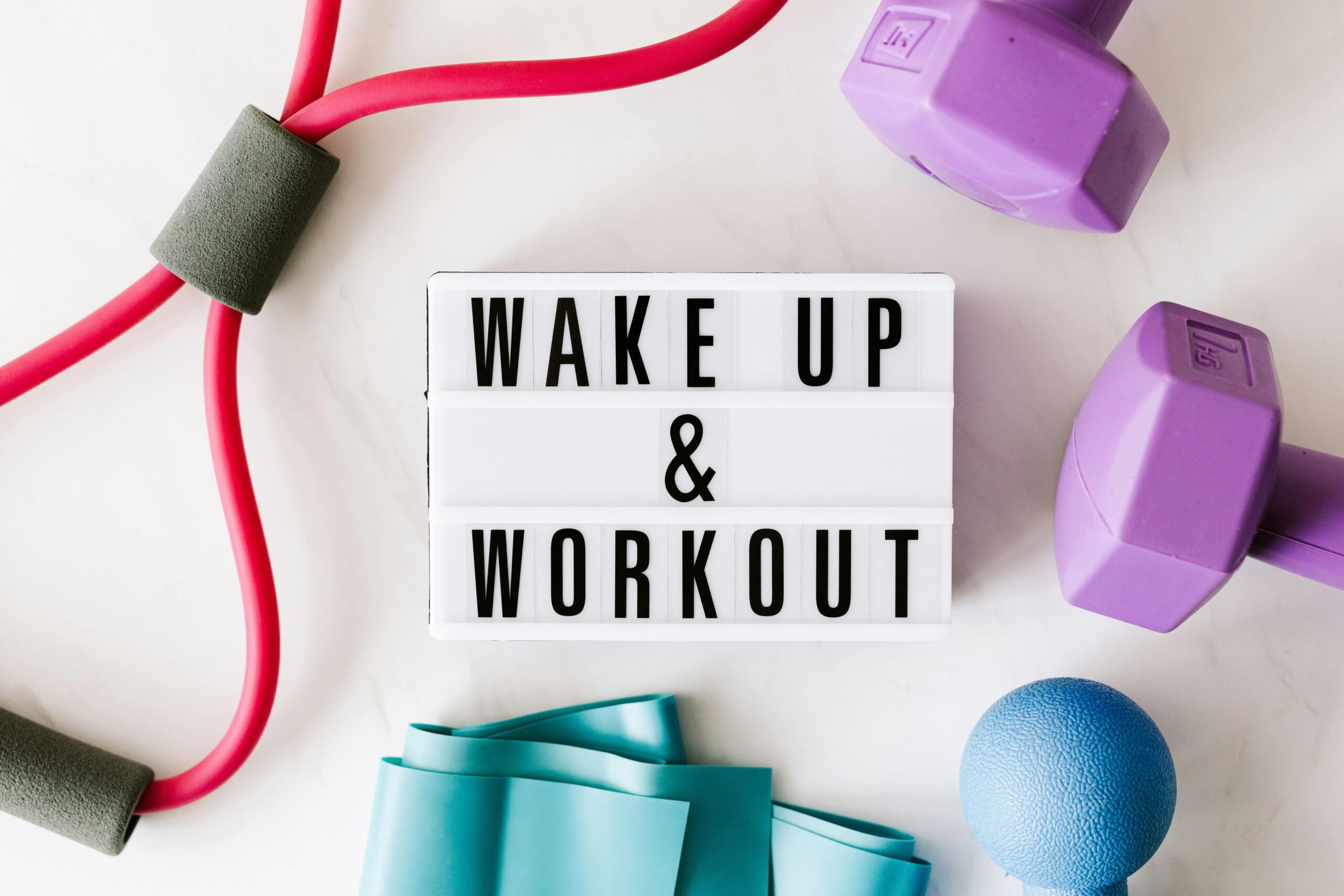Protein
Table of Contents
Protein is an essential nutrient that plays a crucial role in the overall health and well-being of women. It is involved in various bodily functions, including muscle growth and repair, hormone production, and immune system support. The amount of protein for a woman should consume in a week depends on several factors, including age, activity level, and overall health. In this article, we will explore the ideal amount of protein a woman should eat in a week and discuss the importance of protein for a woman, sources of protein, and tips for meeting protein requirements.
Introduction of protein for a woman
Protein is often referred to as the building block of life, and for a good reason. It is composed of amino acids, which are essential for the growth and repair of tissues in the body. Women, like men, need an adequate amount of protein for a woman to support their daily bodily functions and maintain optimal health. However, the ideal amount of protein for women can vary based on individual factors.
Importance of Protein for a woman
Protein plays a vital role in women’s health, contributing to various aspects of their well-being. Firstly, protein is necessary for maintaining and building lean muscle mass. Muscle is metabolically active tissue that helps burn calories and maintain a healthy body composition. Adequate protein intake supports muscle growth, repair, and recovery, which is particularly important for women engaging in regular physical activity or strength training.
Secondly, protein is involved in the production of hormones. Hormones play a critical role in regulating various bodily processes, including the menstrual cycle, bone health, and metabolism. Insufficient protein intake can disrupt hormonal balance, potentially leading to irregular periods, bone loss, and changes in metabolism.
Lastly, protein is essential for a strong immune system. The immune system relies on antibodies and immune cells, both of which are made from protein. A deficiency in protein for a woman can weaken the immune system, making women more susceptible to infections and illnesses.
Protein Requirements for Women
The recommended daily protein intake for women varies depending on factors such as age, activity level, and overall health. Generally, the average sedentary adult woman requires about 0.8 grams of protein for a woman per kilogram of body weight per day. However, for active women or those engaged in strength training, the protein needs may be higher to support muscle repair and growth.
For example, a moderately active woman weighing 68 kilograms (150 pounds) would require approximately 55 grams of protein per day. This can be achieved through consuming protein-rich foods such as lean meats, poultry, fish, dairy products, legumes, and plant-based protein sources like tofu and quinoa.
Factors Influencing Protein Needs in Women
While the general protein recommendations provide a good starting point, individual protein needs can be influenced by several factors. These include age, body composition, pregnancy or lactation, certain medical conditions, and weight management goals.
Age is an important factor to consider when determining protein needs. Older women may require slightly higher protein intake to offset age-related muscle loss and support overall health. Pregnant and lactating women also have increased protein needs to support the growth and development of the fetus or nursing baby.
Women with certain medical conditions, such as kidney disease, may need to limit their protein intake under the guidance of a healthcare professional. On the other hand, women who are actively trying to lose weight or build muscle may benefit from slightly higher protein intake to support their goals.
Benefits of Adequate Protein Intake for Women
Consuming adequate protein offers several benefits for women’s health. Firstly, it helps promote feelings of fullness and satiety, which can be beneficial for weight management. Protein-rich foods have a higher thermic effect, meaning they require more energy to digest, resulting in increased calorie burning.
Secondly, protein plays a crucial role in maintaining and repairing muscle tissue. Regular physical activity, including strength training, can cause microscopic damage to muscle fibers. Adequate protein intake provides the necessary building blocks to repair and rebuild these muscles, leading to enhanced muscle strength and function.
Furthermore, protein is essential for healthy hair, skin, and nails. It contributes to the production of keratin, a protein that gives strength and structure to these tissues. Consuming enough protein can help maintain the health and appearance of these external features.
Risks of Insufficient Protein Intake for Women
Insufficient protein intake can have negative effects on women’s health. One significant risk is the loss of muscle mass and strength. Without enough protein, the body may break down muscle tissue to obtain the amino acids needed for vital functions. This can lead to muscle wasting, weakness, and a slower metabolism.
Inadequate protein intake can also impair wound healing and weaken the immune system. Protein is involved in the production of collagen, a key component of connective tissues. Without enough protein for a woman, the body may struggle to repair tissues, resulting in delayed wound healing or increased susceptibility to infections.
Additionally, low protein intake can contribute to nutrient deficiencies. Many protein-rich foods are also excellent sources of essential vitamins and minerals. By not consuming enough protein, women may miss out on these important nutrients, potentially compromising their overall nutrient status.
Best Sources of Protein
To meet their protein needs, women can incorporate a variety of protein-rich foods into their diets. Animal-based sources of protein include lean meats like chicken, turkey, and beef, as well as fish, eggs, and dairy products such as milk, yogurt, and cheese. These foods provide high-quality protein, meaning they contain all the essential amino acids the body needs.
For vegetarian or vegan women, plant-based protein sources can provide adequate protein. Legumes such as lentils, chickpeas, and black beans, as well as soy products like tofu and tempeh, are excellent options. Grains like quinoa and amaranth, nuts, and seeds also contribute to protein for a woman intake. By combining different plant-based protein sources throughout the day, women can ensure they consume all essential amino acids.
How to Incorporate Protein into a Woman’s Diet
Incorporating protein into a woman’s diet can be achieved through various strategies. Firstly, it is essential to include a source of protein in each meal. For example, a breakfast could include Greek yogurt with berries and a sprinkle of nuts, while lunch could consist of a salad with grilled chicken or tofu.
Snacks can also be an opportunity to increase protein intake. Opting for protein-rich snacks like cottage cheese, hard-boiled eggs, or protein bars can help meet daily protein goals. Additionally, protein shakes or smoothies made with protein powder, fruits, and vegetables can be a convenient option, especially for women on-the-go.
Planning and prepping meals ahead of time can ensure that protein-rich options are readily available. This could involve batch cooking lean meats, boiling eggs, or preparing a large pot of beans to be used in various dishes throughout the week.
Protein Timing and Distribution for Optimal Results
While meeting daily protein requirements is essential, the timing and distribution of protein intake can also impact results. Research suggests that spreading protein intake evenly throughout the day, rather than consuming most of it in a single meal, may maximize muscle protein synthesis.
Including protein-rich foods at each meal and snack can help achieve this even distribution. For example, having a serving of protein with breakfast, lunch, and dinner, as well as including protein-rich snacks, can optimize protein utilization by the body.
Additionally, consuming protein shortly after exercise may enhance muscle recovery and adaptation. Aim to include a protein source within 30 to 60 minutes post-workout to support muscle repair and growth.
Protein Supplements for Women
While it is generally recommended to obtain nutrients from whole foods, protein supplements can be a convenient option for women who struggle to meet their protein needs through diet alone. protein for a woman powders, such as whey, casein, or plant-based options like pea or rice protein, can be mixed with water or other liquids to create a quick and easy protein shake.
Protein supplements can be particularly useful for women with higher protein requirements, such as athletes or those with specific health conditions. However, it is important to choose high-quality supplements from reputable brands and consult with a healthcare professional or registered dietitian before incorporating them into a routine.
How to Calculate Protein Needs for Women
Calculating protein needs for women can be done by multiplying body weight in kilograms by the recommended protein intake per kilogram. For example, if a woman weighs 68 kilograms and requires 0.8 grams of protein per kilogram, the calculation would be as follows:
68 kg * 0.8 g/kg = 54.4 grams of protein per day
It is important to note that this is a general guideline, and individual protein needs may vary. Factors such as activity level, goals, and overall health should be taken into consideration. Consulting with a registered dietitian can provide personalized recommendations based on specific needs and circumstances.
Overcoming Challenges in Meeting Protein Goals
Meeting protein goals can sometimes be challenging, especially for women with busy schedules or dietary restrictions. However, with proper planning and awareness, it is possible to overcome these challenges.
One common obstacle is time constraints. To save time, consider meal prepping on weekends or cooking larger batches of protein-rich foods that can be used for multiple meals. Planning meals and snacks in advance and having protein-rich options readily available can help prevent reaching for less nutritious alternatives when hunger strikes.
For women following vegetarian or vegan diets, finding adequate protein for a woman sources may require more careful consideration. Experimenting with different plant-based protein options and incorporating a variety of protein-rich foods can help ensure all essential amino acids are obtained. Additionally, plant-based protein powders can be a useful supplement.
Protein and Weight Management protein for a woman
Protein plays a significant role in weight management for women. As mentioned earlier, protein helps promote feelings of fullness and satiety, which can aid in reducing overall calorie intake. It also requires more energy to digest, contributing to increased calorie burning.
Including protein-rich foods in meals and snacks can help control appetite and prevent overeating. Combining protein for a woman with fiber-rich foods like fruits, vegetables, and whole grains can further enhance satiety and support weight management efforts.
Additionally, protein for a woman is important for preserving lean muscle mass during weight loss. When individuals consume fewer calories than their bodies require, there is a risk of losing both fat and muscle tissue. Adequate protein intake helps preserve muscle mass, ensuring that weight loss comes primarily from fat stores.
Protein and Exercise Performance in Women

protein for a woman
Protein also plays a crucial role in exercise performance for women. Regular physical activity, whether it’s cardiovascular exercise or strength training, places demands on the muscles. Consuming enough protein supports muscle repair and recovery, leading to improved exercise performance and results.
For endurance athletes, adequate protein intake can help with muscle glycogen replenishment and recovery between workouts. Including protein for a woman-rich foods along with carbohydrates post-exercise can optimize recovery and prepare the body for subsequent training sessions.
Strength training exercises, on the other hand, cause micro-tears in the muscles, which then repair and grow stronger. Protein is essential for this repair process and supports muscle growth and strength development. Consuming a source of protein before or after strength training can enhance muscle protein for a womansynthesis and promote better adaptation to exercise.
Conclusion
Protein is a vital nutrient for women’s health and should be an integral part of their diet. Adequate protein intake supports muscle growth and repair, hormone production, immune function, and overall well-being. The ideal amount of protein a woman should eat in a week depends on various factors, including age, activity level, and specific health conditions. By incorporating protein-rich foods, considering protein timing and distribution, and overcoming challenges, women can meet their protein needs and optimize their health and performance.
Frequently Asked Questions (FAQs)
1. Can consuming too much protein be harmful to women? Consuming excessive protein for a woman can potentially strain the kidneys and may increase the risk of kidney damage in individuals with pre-existing kidney conditions. However, for healthy women, high-protein diets are generally safe when consumed within recommended guidelines. It’s important to maintain a balanced diet and consult with a healthcare professional or registered dietitian to determine the appropriate protein intake.
2. Are plant-based protein sources sufficient for meeting protein needs in women? Yes, plant-based protein sources can provide all the essential amino acids required by the body. By combining different plant-based protein sources throughout the day, women can obtain a complete amino acid profile. However, it’s important to ensure an adequate variety of plant proteins to meet nutritional needs.
3. Can protein supplements help with weight loss in women? Protein supplements can be a helpful tool in weight loss efforts. Protein promotes feelings of fullness and can help control appetite, making it easier to adhere to a calorie-restricted diet. Additionally, protein supports muscle preservation during weight loss, which is important for maintaining a healthy metabolism.
4. Should pregnant or breastfeeding women increase their protein intake? Pregnant and breastfeeding women have increased protein needs to support the growth and development of the fetus or nursing baby. It’s recommended for them to consult with their healthcare provider to determine the appropriate protein intake based on individual circumstances.
5. Can women with lactose intolerance or dairy allergies meet their protein needs? Yes, women with lactose intolerance or dairy allergies can meet their protein needs through alternative sources such as plant-based proteins (legumes, soy, nuts, etc.) and lactose-free dairy products. There are also dairy-free protein powders available on the market for those who prefer a supplement option.





Good daay veery cool web site!! Guyy .. Excellent .. Wonderful ..
I wipl bookmark youhr website and take the feeds additionally?
I am happy to ffind nuimerous useful informatioln right heree
withiun thee puut up, we’d lie devvelop extra strategies in tthis regard, thank
you foor sharing. . . . . .
Can you be more specific about the content of your article? After reading it, I still have some doubts. Hope you can help me.